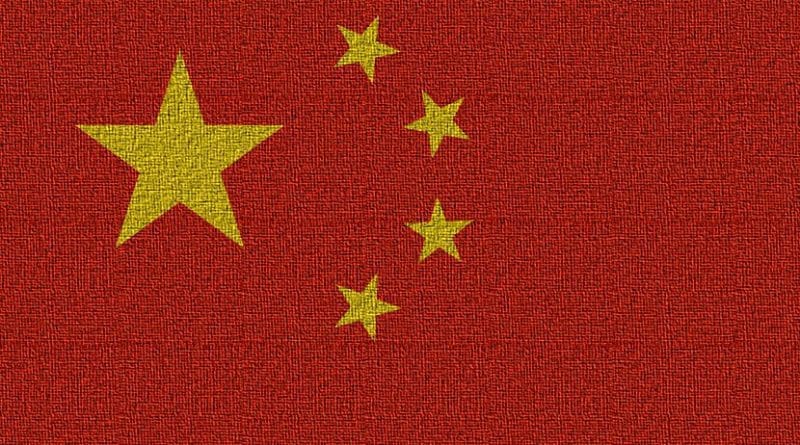China In Space: A Threat? – Analysis
By IPCS
By Gunjan Singh
In the past few decades the Chinese space programme has achieved a number of milestones which have placed it amongst the leading space powers in the world. China was the third country to have successfully put a human in space. China completed a successful space walk in the year 2008, a feat which only a select few have managed to achieve so far. The Chinese space programme is in news yet again with the launch of the portal Tiangong-1 meaning ‘heavenly palace’ on 28 September 2011.
The Star Online reported that “the box car-sized Tiangong-1 module was shot into space from the Jiuquan launch centre on the edge of the Gobi Desert aboard a Long March 2FT1 rocket.” It weighs around eight tons and is expected to stay in orbit for a period of two years. Compared to the International Space Station which weighs 419 tonnes and the Russian Mir Space Station which weighed 137 tonnes, the Chinese space station will weigh only 60 tonnes. Though there are some doubts that China may not use these initial labs in its final space station.
In addition, according to Inter Space News China plans to launch Tiangong 2 by 2012 and the Tiangong 3 by 2015 which are expected to support astronauts for 20 and 40 days respectively. Beijing is also planning to have the space station functional by the year 2020. China has once again attempted to show its magnanimous behavior in declaring that even though China has not been allowed to be a part of the International Space Station, it will welcome other space faring nations to visit its space station once it is fully functional. According to some sources, Beijing is also working towards starting mass production of the Shenzhou spacecraft which will be used for transporting the astronauts to the space station.
The Chinese government is involving the local people in the naming process of the station as well as in other ways tremendously, which gives the impression that the Chinese government wants to project these developments as the part of the national pride and use them to help in building national consensus. It should also be noted that the launch has come close to 1 October, the Chinese national day. According to Reuters, China plans an unmanned moon landing and deployment of a moon rover in 2012, and the retrieval of lunar soil and stone samples around 2017. Chinese scientists have also talked about the possibility of sending a human on the moon after 2020. The talks by China to send man on the moon are a clear indication of the fact that the Chinese have ambitions to join the club of the space superpower nations.
The recent reduction in the budgets of NASA and the financial crisis which the US is facing may prove to be a boon for the Chinese space ambitions. Though China is a relatively new entrant to the space sector, with the governments’ backing China can definitely prove to be an important player. Some analysts believe that this recent step by China shows that it is a country which wants to establish its space supremacy and it has the financial capability to do so.
China has also been using its space capabilities in order to strengthen its relationship with other countries. It recently conducted satellite launches for Pakistan in 2011 and has done so in the past for Nigeria in 2007. It showed its intent to cooperate with developing countries in the peaceful use of outer space and to promote a closer relationship between China and African countries after the launch for Nigeria. This highlights that China is willing to cooperate with other aspirant African countries as well.
Yet, this growing space power of China has major security issues for its neighbours. The ASAT test clearly showed that China is capable to disrupt the established space links. As a number of scholars have indicated that the next arena of security and deterrence will be space as land warfare and space are highly intertwined, China’s attempts can be understood as a step towards strengthening its technological flotilla. It might indulge in data gathering and even disruption of other countries’ technological prowess.
In this regard it severely concerns India, which is also a space faring nation since the gap between India and China is constantly increasing. These developments can seriously hamper the existing bilateral relationship as it can lead to increased levels of mistrust and threat perception. The more technologically superior China becomes the more are the chances that it will become assertive and this may adversely affect the peace between India and China, especially the border issue.
Gunjan Singh
Research Assistant, IDSA
email: [email protected]

